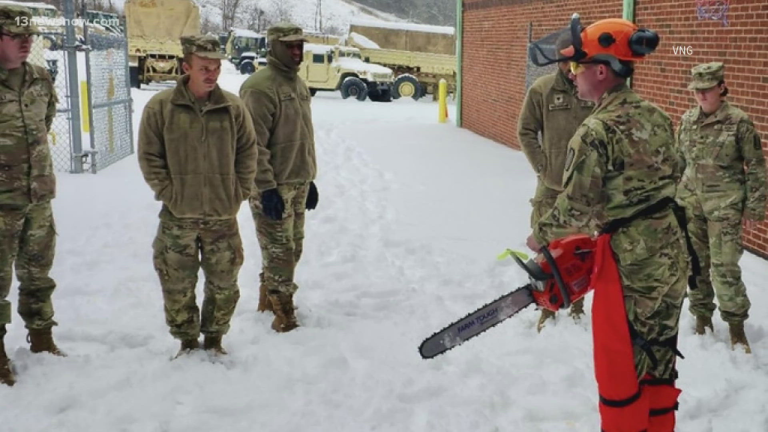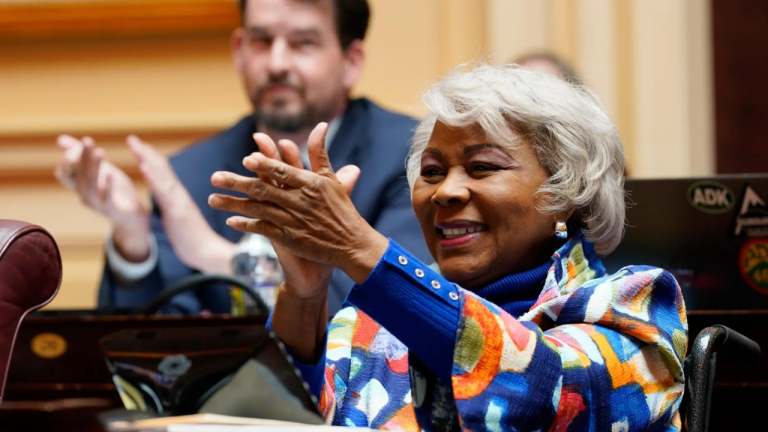The Virginia Military Survivors and Dependents Education Program (VMSDEP) has been a crucial initiative supporting the families of military veterans who were severely disabled or killed in action. The program helps ease the financial burden on these families by offering tuition waivers at state colleges and universities in Virginia. Despite its importance, recent concerns have emerged regarding its long-term financial sustainability.
Background of VMSDEP
VMSDEP was established to honor the sacrifices made by military families by providing educational benefits to spouses and children of qualifying veterans. The program covers tuition and mandatory fees at Virginia’s public institutions of higher learning, ensuring that beneficiaries can pursue a college education without being burdened by tuition costs. This initiative has been instrumental in allowing military families to access quality education in the state.
Recent Challenges
In 2019, the eligibility criteria for VMSDEP were expanded, which led to a significant rise in the number of beneficiaries. Although this expansion was aimed at supporting more families in need, the surge in enrollment also resulted in increased program costs. As a result, the Virginia General Assembly has been prompted to reassess the financial viability of the program. Lawmakers have raised concerns about whether the program can continue to meet the growing demand without placing an unsustainable burden on the state’s budget.
Legislative Actions
In response to these concerns, the Virginia General Assembly has taken steps to ensure the long-term sustainability of the VMSDEP. Senator Danica Roem has introduced a bill that would require the collection of more detailed data regarding the program’s participants. Specifically, the bill mandates an annual report that will provide information on both the number of eligible individuals who are enrolled in the program and those who are not. The aim is to use this data to provide greater transparency about the program’s impact and help inform future policy decisions. By gathering accurate data on participation rates, the state hopes to ensure the program remains fiscally responsible while continuing to serve military families.
Community Reactions
Advocacy groups, including the Friends of VMSDEP, have responded to the proposed data collection efforts with mixed feelings. While many agree that the collection of detailed and accurate data is important, there are concerns about how the process will be implemented. Kayla Owen, co-founder of Friends of VMSDEP, stressed the importance of understanding how merit-based scholarships factor into the program’s overall costs. She noted that scholarships awarded based on academic achievement need to be accounted for, as they may offset some of the expenses covered by VMSDEP. Advocacy groups are emphasizing the need for a transparent and thorough evaluation process to assess the program’s financial sustainability without limiting its benefits to military families.
Potential Future Changes
Looking ahead, discussions are taking place about potential changes to the program’s structure. Lawmakers and advocacy groups have proposed several options to address the program’s financial challenges, including imposing stricter eligibility limits, implementing academic requirements for beneficiaries, and enhancing residency requirements to ensure that the program serves only Virginia residents. These changes are being considered as possible solutions to reduce the program’s costs while maintaining its core mission of supporting military families. Both Senator Roem and the advocacy groups agree that any future modifications should be based on accurate and comprehensive data, ensuring that decisions are well-informed and do not disproportionately affect the families the program was designed to help.
Conclusion
The Virginia Military Survivors and Dependents Education Program has provided vital support to military families for years, but its growing costs have raised concerns about its future. With the Virginia General Assembly exploring ways to ensure the program’s sustainability, transparency, and data collection will play key roles in shaping its future. While changes may be on the horizon, the program’s commitment to honoring and supporting military families remains central to its mission.
Disclaimer – Our editorial team has thoroughly fact-checked this article to ensure its accuracy and eliminate any potential misinformation. We are dedicated to upholding the highest standards of integrity in our content.


























+ There are no comments
Add yours